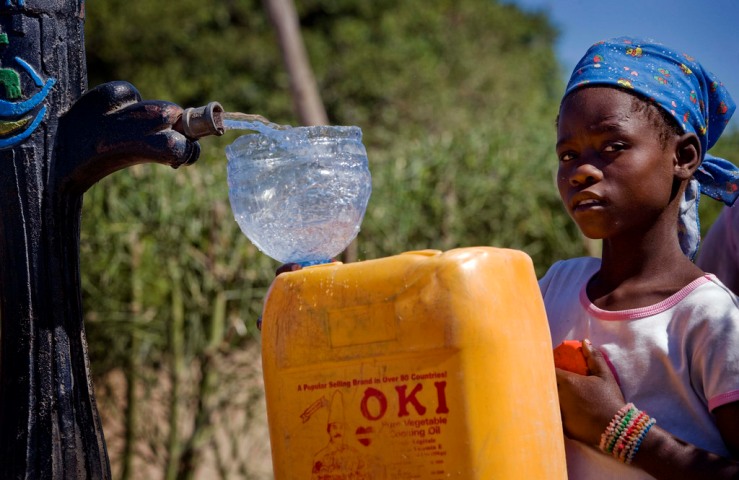South Africa: Report on challenges, achievements meeting SDG 6 presented by DWS
SDG 6 is aimed at ensuring availability and sustainable management of water and sanitation for all by 2030.

- Country:
- South Africa
Ninety-three per cent of the South African population has access to water supply services and 76% of the population have access to basic sanitation services.
This is according to Department of Water and Sanitation (DWS) Chief Engineer-Water Services and Local Water Management, Mark Bannister, who presented a progress report on the challenges and achievements of South Africa meeting the Sustainable Development Goals 6 (SDG) in Tshwane on Friday.
SDGs are the blueprint to achieve a better and more sustainable future for all. SDG 6 is aimed at ensuring availability and sustainable management of water and sanitation for all by 2030.
Global SDG 6 targets are being localised and adapted to the context of South Africa.
“South Africa, besides other international participants have been given the authority on how to incorporate SDG 6 targets into national planning processes, policies and strategies, and set their own SDG 6 indicators, taking into account local circumstances.
“South Africa is performing well in SDG 6 and has been internationally acknowledged for the progress made in developing the structure of execution and planning foundations to achieve the 2030 Goals,” Bannister said.
Achieving SDG 6 is essential for progress on all other 16 SDGs and for ensuring that no one is left behind.
“Sustainable management of water and sanitation underpins wider efforts to end poverty, advance sustainable development and sustain peace and stability,” Bannister said.
He said serious data challenges need to be overcome through synchronised data gathering and storage systems including regular monitoring by relevant stakeholders.
“This must include effective data management systems that allow us to monitor, evaluate, measure the performance of SDG 6 towards the 2030 Goal,” he said.
Among the successes of the country is the launch of the National Wetland Monitoring Programme which provides information on the extent of wetlands, threats to wetlands, change in the present ecological state and ecosystem services provided by wetlands.
Bannister said monitoring the change in the spatial extent of freshwater ecosystems is currently happening every five years.
“There is lack of capacity and financial resources from DWS to conduct frequent monitoring. Water Administration System has been enrolled in 71 irrigation schemes. DWS can now monitor the state of water losses on conveyance systems,” he said.
A total of 8.6% of water savings have been achieved in 8 large water supply systems.
Water and Sanitation Minister Gugile Nkwinti called for an infrastructure construction programme that will address informal settlements along rivers and streams.
He has asked officials from the Council for Scientific and Industrial Research (CSIR) and his department to find natural resources for water in the country’s rural areas.
The Minister on Friday launched the Development Cooperation Partners Platform and Photoshoot.
(With Inputs from South African Government Press Release)










